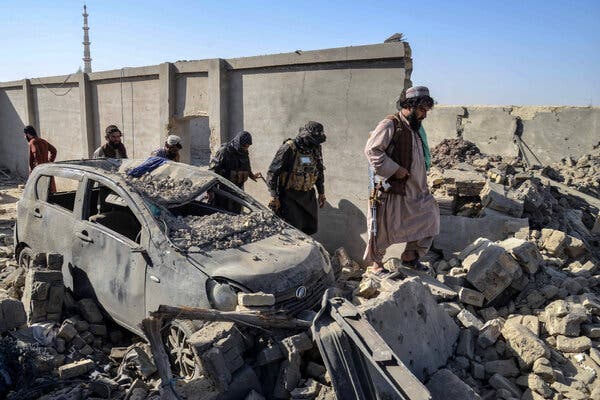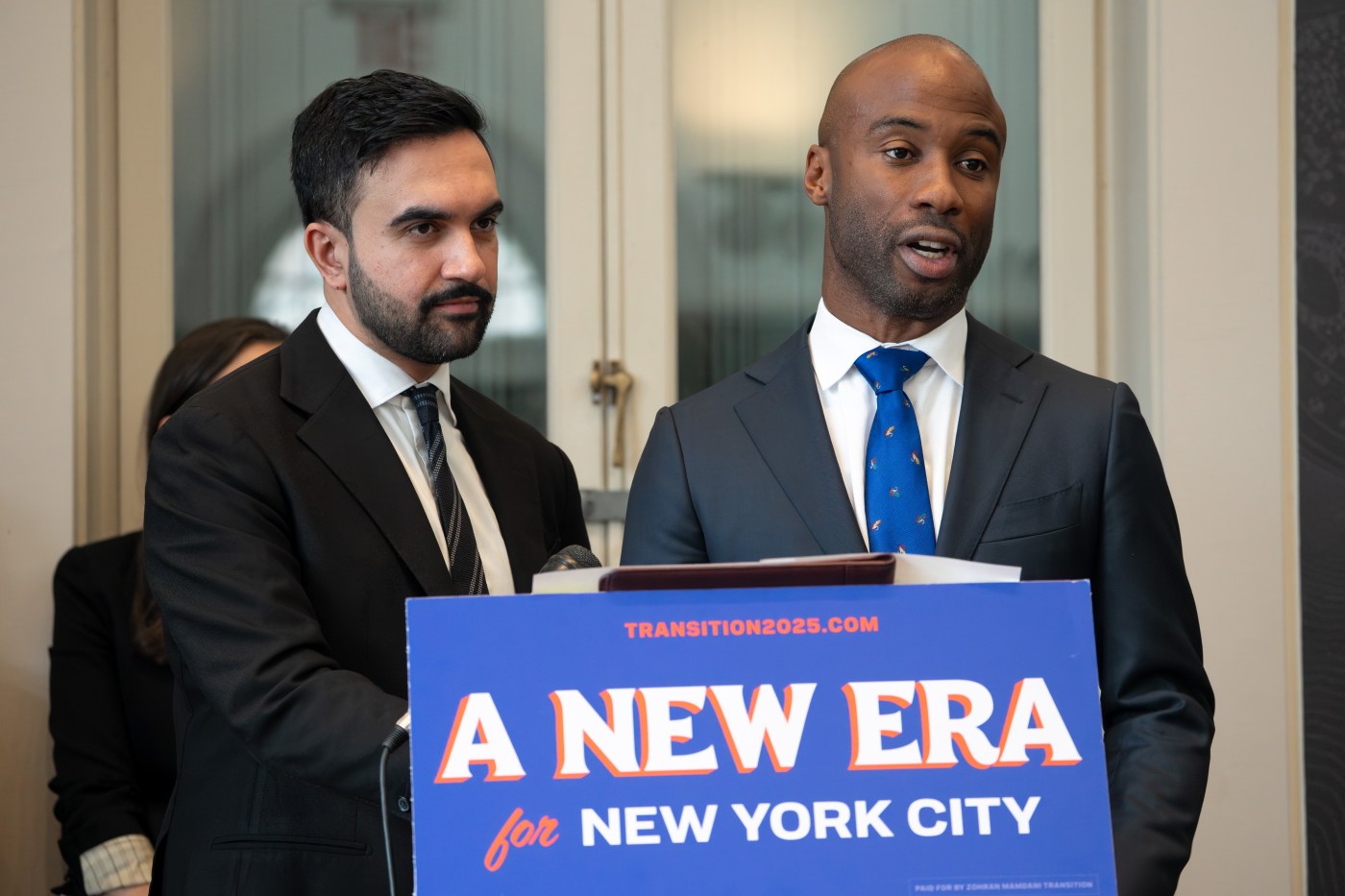A cease-fire announced on October 1, 2023, between Afghanistan and Pakistan has provided much-needed relief from escalating violence that had marked the months prior. Following nearly two weeks of military exchanges that resulted in dozens of fatalities and hundreds of injuries, both nations have committed to de-escalation. The agreement emerged from discussions mediated in Doha by representatives from Qatar and Turkey, with further meetings scheduled for later this month.
Pakistani Minister of Defense, Khawaja Asif, stated on social media that “terrorism from Afghanistan on Pakistan’s soil will be stopped immediately.” In a similar vein, Zabiullah Mujahid, the spokesman for the Afghan Taliban, emphasized on X that “neither country will undertake any hostile actions against the other.” While these statements reflect a commitment to peace, there was no formal joint statement issued following the talks.
Despite the temporary halt in hostilities, the underlying tensions remain. Analysts and former diplomats warn that Pakistan continues to grapple with a persistent Taliban problem, linked primarily to the Tehrik-i-Taliban (T.T.P.), also known as the Pakistani Taliban. Islamabad has accused the Afghan Taliban government of harboring this group and failing to take action against its activities. The Afghan Taliban has consistently denied supporting militant groups, even as attacks by the T.T.P. have surged since the Taliban regained control of Afghanistan in August 2021.
This latest cycle of violence began in late September when two explosions shook central Kabul, leading to an airstrike that targeted a market in eastern Afghanistan. Just days earlier, 11 Pakistani soldiers were killed in a T.T.P. attack. Afghanistan attributed these strikes to Pakistan, a claim Islamabad neither confirmed nor denied. In retaliation, the Taliban launched cross-border raids, reportedly killing at least 23 Pakistani soldiers.
On October 4, Pakistan responded with airstrikes in Kabul and Kandahar, aimed at militant groups, as stated by a military official who requested anonymity due to the sensitive nature of the situation. Following these attacks, an initial cease-fire of 48 hours was established, but hostilities resumed shortly after, culminating in further airstrikes that Afghanistan claimed resulted in civilian casualties, including several cricket players. Pakistan denied these allegations, asserting that its operations targeted militants.
Michael Kugelman, a senior fellow at the Asia Pacific Foundation of Canada, noted that “there appears to be a new normal where every militant attack on Pakistani security forces is now being met with retaliation from Pakistan in Afghanistan.” He remarked on Pakistan’s frustration, highlighting that “enough is enough” in terms of its response to the T.T.P.
The complex relationship between Pakistan and the Taliban has deteriorated in recent years. Initially, Pakistan supported the Taliban’s return to power in 2021, but its efforts to negotiate with the Afghan government regarding the T.T.P. have yielded little success. The Afghan Taliban regards the T.T.P. not as a terrorist organization, but as an integral part of their identity, complicating any potential crackdown.
The T.T.P. has historical ties to the Afghan Taliban, providing recruits during the 20-year conflict against U.S. and NATO forces. Its first leader had connections to the Haqqani network, which has been linked to numerous suicide attacks during that period. Furthermore, the group has pledged allegiance to Sheikh Haibatullah Akhundzada, the leader of the Afghan Taliban.
International dynamics have also influenced this conflict. Afghanistan’s foreign minister visited India earlier this month to bolster relations, a move perceived by Pakistan as an attempt by its archrival to destabilize Afghanistan. Furthermore, while Pakistan has sought to improve ties with global powers, it has yet to formally recognize the Taliban as Afghanistan’s legitimate government.
Both nations share deep ethnic, linguistic, and religious ties, with many Pashtuns straddling the border created during British colonial rule. Economically, Afghanistan is heavily reliant on Pakistan, which absorbs approximately 40 percent of its exports.
As the cease-fire remains in place, Mujahid has stated that Afghanistan will not support groups that carry out attacks against Pakistan. Yet, experts like Asif Durrani, Pakistan’s former special representative for Afghanistan, suggest that the Taliban’s actual capacity to contain the T.T.P. is limited. “There’s a pattern of the Afghan Taliban not moving against the T.T.P.,” Kugelman observed, emphasizing the Taliban’s reluctance to turn on its closest militant allies.
Both governments are scheduled to reconvene in Istanbul on October 14 to formalize their agreement. Whether this cease-fire will lead to a lasting resolution or merely a temporary pause in hostilities remains to be seen.







